
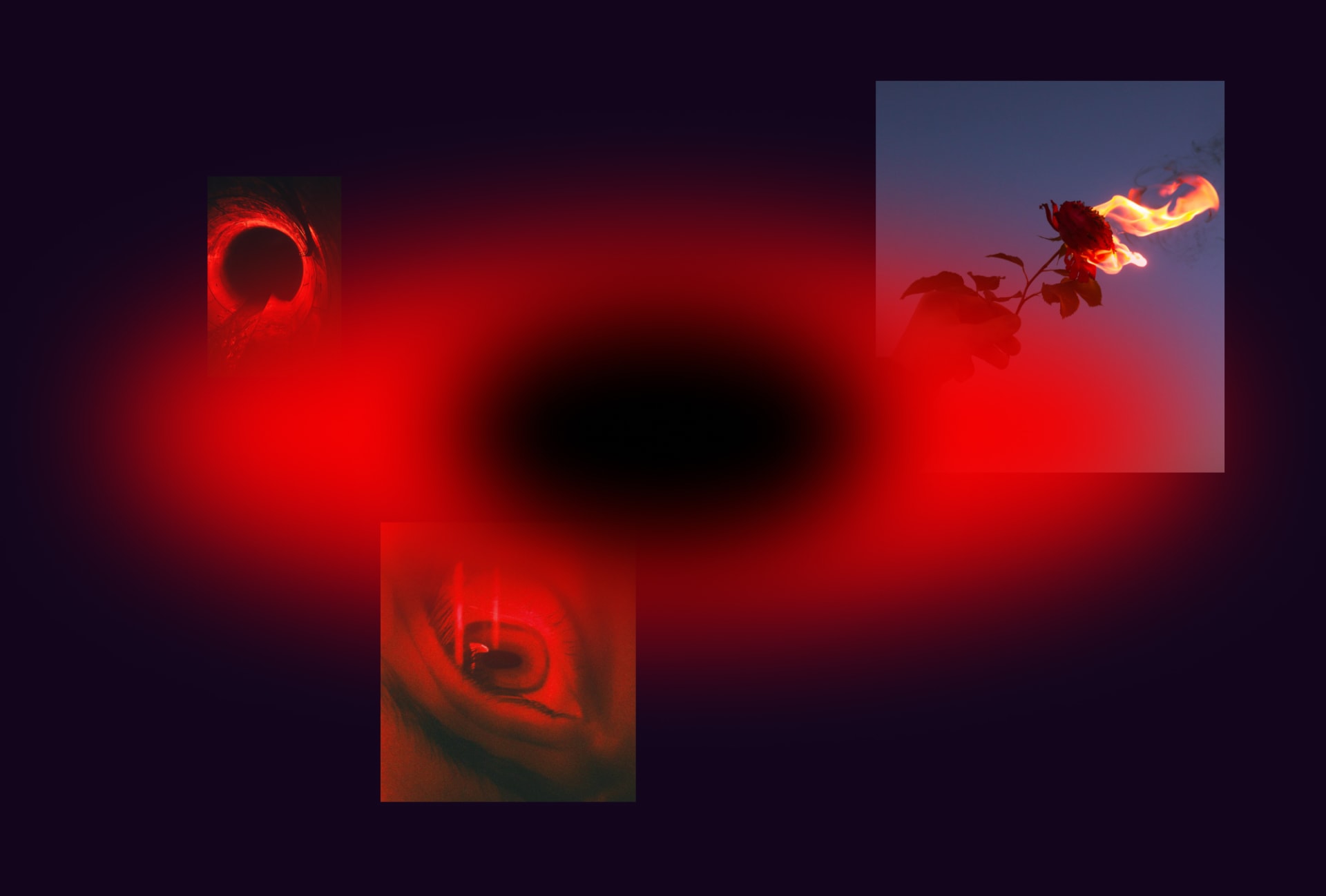
Year in Review: What It Feels Like to Die
Confronting mortality, plague raves, ego death, and the great unknown in dance music.
Recently, I stumbled across an absurd TikTok video titled “What It Feels Like to DIE.” Inside, a white man in his mid-20s with a combover shouts directives into the camera as a montage of abstracted figures rapidly decay behind him. “As you become too weak to breathe, you’ll start hearing a strange noise in the back of your throat,” he declares, like a professional news anchor for the afterlife. “This is known as the death rattle, and when that happens, buckle up! Because you’re about to leave your body for the first time.”
For all of us, this past year has been a meditation on mortality. Death, in all of its literal and metaphorical interpretations, became inextricably woven into daily life, and for the first time, an invisible, somatic terror willed the world to confront these truths all at once, often in isolation. However, the biological grand finale as detailed by the blonde TikToker doesn’t take into account the full nuances of the topic. To be exact: Who or what is dying? What are the various ways in which we have collectively died? And through this, what does it mean to truly live?
Club culture is dying, in a figurative sense. The International Music Summit released a report over the summer forecasting the impact of the pandemic on the industry, revealing that the valuation of global electronic music is predicted to fall 56% from $7.3 billion to $3.3 billion. Venue and festival revenue was expected to decrease 75% from $4.4 billion to $1.1 billion. In Berlin, many owners faced the harrowing decision of either closing their doors completely and failing to make rent or throwing illegal open airs while risking infection. DJs and performers have seen their income streams dry up overnight, prompting many to consider switching careers or quitting completely in reaction to the gruelling financial hardships. Survival for all is not guaranteed. Meanwhile, the global pandemic continues to claim lives and devastate industries far beyond this cultural microcosm.
Even more interesting are the ways in which members of the community have responded to the fatal circumstances—in some cases, not earnestly enough. As of December 29th, the number of COVID-19 deaths worldwide has exceeded 1.6 million—a number which is devastating, but also unfathomably large for the human mind to comprehend. In psychology, this idea of “the more who die, the less we care,” termed “psychic numbing” by American professor Paul Slovic, explains a general failure and insensitivity of society to mitigate catastrophic events such as genocide, natural disaster, or pandemics when these tolls reach staggering figures. Where the story of one tragic individual can illicit an outpouring of resolute action or personal responsibility, 1.6 million casualties somehow does not. This phenomenon, in part, can explain the spike of illegal “plague raves” throughout Europe in the summer played by DJs as Lee Burridge, Nina Kraviz, and Amelie Lens, among others. One social media critic even labeled Lens the “Typhoid Mary of business techno” for the sets she played in France in reference to the infamous, hand washing-averse Irish-American cook who was an asymptomatic carrier of disease and persisted in infecting people through her work against the strict instruction of medical authorities.
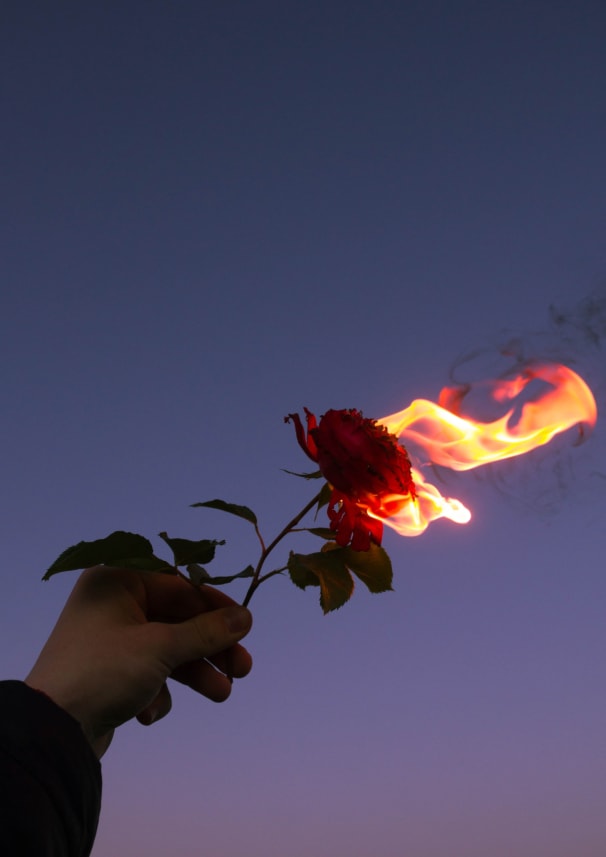
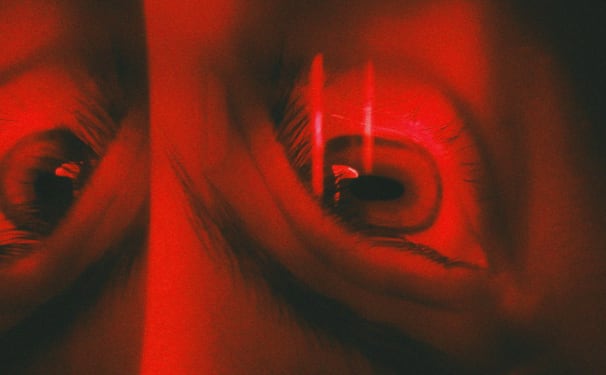
In her Dweller essay “Business Techno Matters: How Those Who Have the Most Sacrifice the Least,” Discwoman’s Frankie Decaiza Hutchinson explicates this intersection of financial privilege and psychic numbing case in point when she addresses such comments defending plague raves as, “Well there have only been like two hundred deaths in our city,” to which she incredulously asks, “When did two hundred people become an insignificant number?” Perhaps the number was never insignificant, but rather the sheer amount of the deceased became nameless, faceless, and so inconsequential that it failed to spur these DJs into urgent personal responsibility. There are limits to human compassion, and after several months of turmoil, it’s seems that these industry figures, like many others, have maxed out their empathy (not to mention that wealthy and successful people already suffer from “empathy deficits” and are prone to unethical behavior). But the different faces of death we faced this year are beyond the most obvious manifestations of such. The combination of factors that allowed individuals flout rules with insouciance in the midst of a crisis may not just be entitlement, although a bit of that is surely also at play. There was also a collective, ambiguous grief over a loss of human connection, known as social death, and of self-perceived identity, known as an ego death.
Social death is significantly more painful than physiological death in that it involves a conscious loss of personhood and autonomous agency in an individual’s life. While COVID-19 patients said goodbye to a version of themselves as grandfathers, mothers, and friends, via iPads from their sequestered hospital beds, the rest of us, in our own isolated states, underwent an attenuated parallel experience when we withdrew from the roles we played in public life. In an academic review by the Quarterly Journal of Medicine, medical anthropologist Erica Borgstrom unspools the various interpretations of social death in regards to elderly dementia patients in nursing homes, including a “distance from previous social lives and relationships.” She also writes of “the [in]ability to act independently and influence the outside world or others, or to resist interventions by others.” Many electronic musicians I have talked to throughout the pandemic have described a similar loss of influence in their creativity, likening the feeling of releasing their records or mixes into the internet as screaming into a void. A harsh departure from the real-time feedback of helming the decks in front of eager patrons, the current state of deprivation and entropy is even harder to reconcile as a well-known artist. Put simply, the fight for relevance as a headline talent accustomed to audiences in the tens of thousands can have more advanced personal consequences, only in invisible ways.
“I think fame can be highly addictive. Like any compulsion, we need more and more and more,” says Adam Ficek, the psychotherapist and member of English rock band Babyshambles featured in the Pioneer documentary Distant Dancefloors: COVID-19 and the Electronic Music Industry. “I know from my own experience from touring and releasing and from many of my peers, it becomes a need. It’s internal pressure to feel validated.” Ficek is not wrong, as the effects of fame on the brain is akin to snorting a speedball combination of serotonin, endorphins, and dopamine. Psychologists Dr. Donna Rockwill, co-author of Being a Celebrity: A Phenomenology of Fame, told The Face, “Your neurons get used to a certain level of excitation and stimulation, and then, forevermore, you want it to be at that level.”
Throughout Distant Dancefloors, DJs Blond:ish and Honey Dijon discuss the accelerated treadmill of constant touring as ordinary routine. “2019, wow. Us DJs tour like chickens with our heads cut off,” Blond:ish says, as the camera pans over her at showtime euphoria, presiding over a swarm of revellers as she’s basked in incarnadine light. “That mouse wheel, you don’t stop. You just keep going and going and going, so that’s what I was doing.” Dijon adds, “There was a time last summer when I was DJing five days a week, in five different countries.” This steady exposure to excess amounts of extrinsic reward on the human brain means that artists at this caliber, already used to existing addictive behaviors by nature of the nightlife setting, are psychologically primed to seeking and gratifying heightened bids for attention. So when we consider the irresponsible behaviors of DJs of the “Business Techno Industrial Complex,” as termed by Hutchinson, flying to shows in Tunisia and Puglia without a clue of the furore that would follow, it’s worth considering that the magnitude of their suffering is not greater on a material level, but rather on a neurobiological level. While the rest of us struggled with the mental agony of our own social deaths, prominent artists have felt the deleterious effects—as though it were some kind of withdrawal—tenfold.
This element will show content from various video platforms.
If you load this Content, you accept cookies from external Media.
Ficek touched upon one salient element in his comment that lies within a larger constellation of existential worries: the deep, hollow yearning for acknowledgement and the fear of being forgotten. On August 14th, the Twitter account @BusinessTeshno, a group devoted to exposing the hypocrisies within the electronic music community, posted a video of yet another “plague rave” DJ, a maskless Adam Beyer in Puglia. The follow up video in reply is most revealing. A fan grabs Beyer’s hand after his set as if he’s in the presence of royalty (or a “business techno overlord,” as one user quipped) and bows with such ingratiating piety that his friend who is filming calls him out on the spot for acting like an absolute simp, remarking, “It’s not Game of Thrones, bro.” Beyer is beaming. Part of me can understand, albeit will not condone, why Beyer and others did what they did. After months of live streaming from quarantine, the feeling of bringing patrons to their knees, quite literally, was a welcome reminder to Beyer that his existence still mattered.
The unrelenting churn of the attention economy impacts every artist, although on varying levels across the industry. American indie musician and four-time Grammy Award nominated artist Phoebe Bridgers put it most candidly on her Rolling Stone Music Now podcast, admitting, “A true ego death is putting out an album and not being on tour. I didn’t realize how much I relied on people screaming at me every night. It’s just super weird. I feel like I don’t exist.” The demand for talent across all genres to hyperactively produce, promote, perform, and parade themselves on and offline means that, when the pandemic hit, some artists’ biggest fears were realized. If they remained dormant for more than a few days or weeks at a time, would they fade from memory? Did that make them as good as dead?
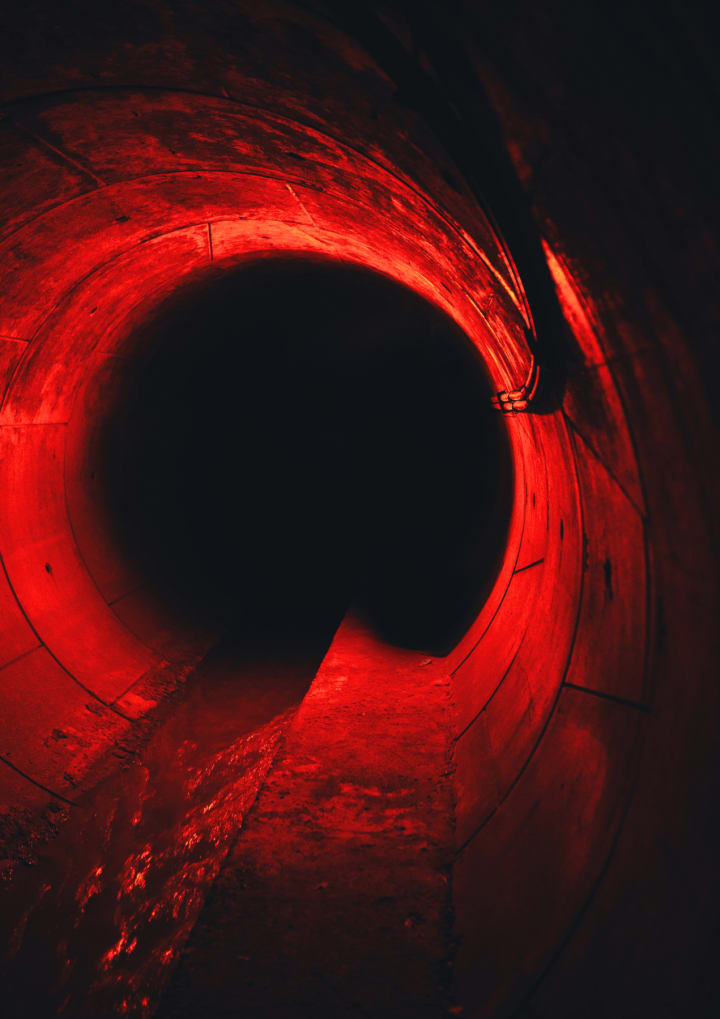
Many people cannot recognize themselves without the roles they fill within society. The Times recently ran the op-ed “What Is Death?” (which partially inspired this essay) by BJ Miller, a hospice and palliative medicine physician. “For me, death is when I can no longer engage with the world around me,” he writes, “When I can no longer take anything in and, therefore, can no longer connect. At times, social distancing has me wondering if I’m there already, but that’s just me missing touching the people I care about.” Without the external factors that once calibrated their subjective self-worth, individuals struggling against their personal upheavals eventually collapse into an ego death. LSD enthusiasts are familiar with the term in the context of psychedelic trips, whereas psychologist Carl Jung called it “psychic death.” Terminal patients undergo a similar experience of psychological death when they accept their inevitable fate and pull away from others, a period just before the final act of dying.
While I cannot speak on journeys of others, I can share my own humbling experiences. This year, I took a friend to the hospital after he succumbed to drug-induced psychosis when the pandemic took away his freelance writing job and his will to stay sober. I was asked to leave my home when underlying tensions with my flat mate finally erupted during the hysterical first wave of the virus. My childhood surrogate grandmother died. But in spite of this, my involuntary ego death didn’t occur until after a fallout with a close friend, someone who always danced front left with me, and I witnessed its reverberations erode my other core relationships thereafter. Suddenly facing a profound loss, I retreated inwards. During that period, what I remember the most was the mental fray, followed by a blunt pain that I had no choice but to steep in. There were no clubs to offer an after hours reprieve, no crowds to dissolve into—probably for the best, although there were moments when all I felt I needed was a single red light to illuminate a dark night of the soul and just to see myself again.
It is well known that proximity to death reveals what really matters in life. Ego death, a transformation from a self-centered identity predicated on fragmenting into a handful of insignificant shards, is the same. What I’ve realized now is that, across each form, the process of dying is a revelation that paradoxically unearths how to truly live: to luxuriate in each moment of equanimity as it races away, to fearlessly surrender to vast unknowns, and to know that radical transformation is always meant to be a solitary act. Consider this my final eulogy for a year not quite worth remembering, but impossible to forget.

Whitney Wei is the Editor-in-Chief of Electronic Beats. Find her on Instagram here.
Published December 30, 2020. Words by Whitney Wei.




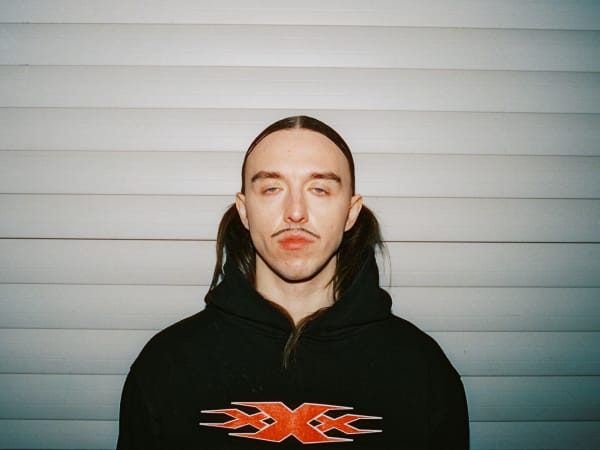
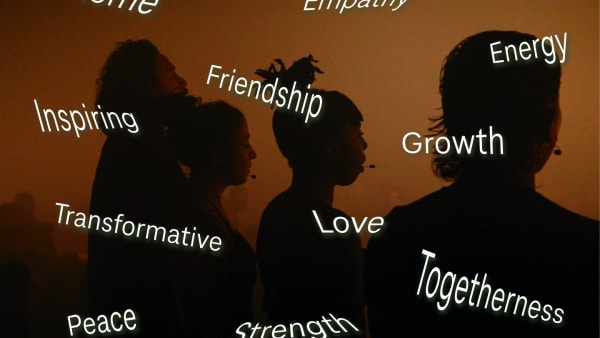

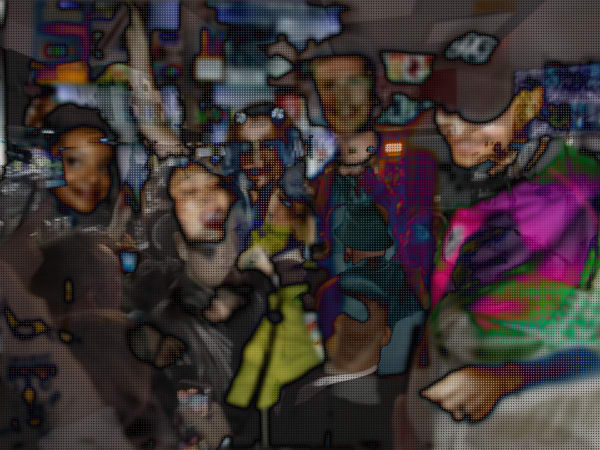





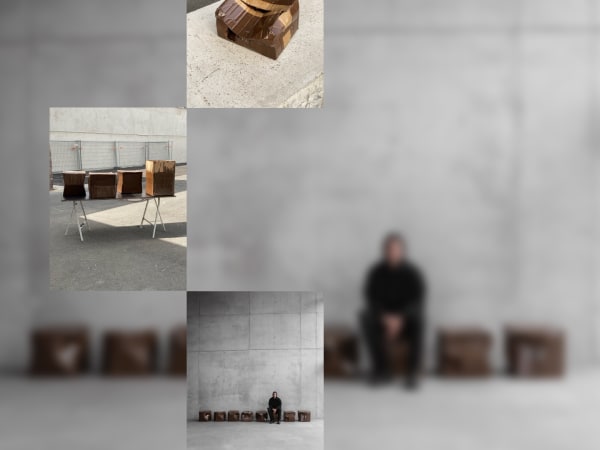


Follow @electronicbeats